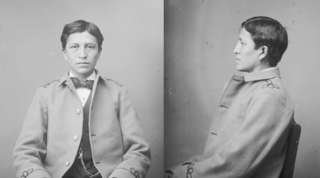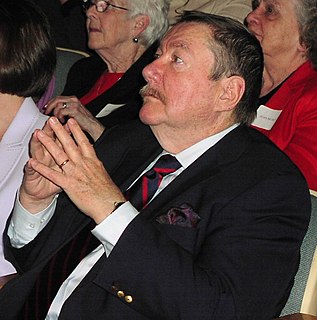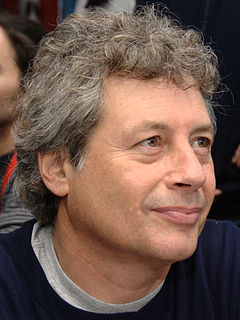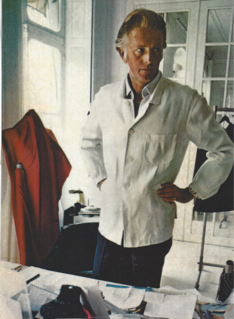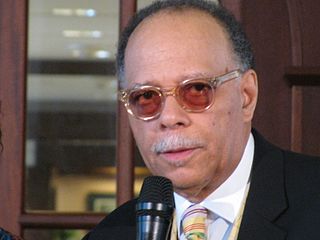A Quote by John Ruskin
To be taught to read—what is the use of that, if you know not whether what you read is false or true? To be taught to write or to speak—but what is the use of speaking, if you have nothing to say? To be taught to think—nay, what is the use of being able to think, if you have nothing to think of? But to be taught to see is to gain word and thought at once, and both true.
Related Quotes
The whole thing is this: If you don't use just basic grammar, if you don't get the language down, you're not going to have access to a tool that people use as a weapon against you. The only reason I was never taught to read and write was because it was easier for them to lead me. But the second I learned to read and write, I began to lead myself.
I think there in a great deal to be said for religious education in the sense of teaching about religion and biblical literacy. Both those things, by the way, I suspect will prepare a child to give up religion. If you are taught comparative religion, you are more likely to realise that there are other religions than the one you have been brought up in. And if you are if you are taught to read the bible, I can think of almost nothing more calculated to turn you off religion.
The world taught women nothing skillful and then said her work was valueless. It permitted her no opinions and said she did not know how to think. It forbade her to speak in public and said the sex had no orators. It denied her the schools, and said the sex had no genius. It robbed her of every vestige of responsibility, and then called her weak. It taught her that every pleasure must come as a favor from men and when, to gain it, she decked herself in paint and fine feathers, as she had been taught to do, it called her vain.
One of the great tragedies of modern education is that most people are not taught to think critically. The majority of the world’s people, those of the West included, are taught to believe rather than to think. It’s much easier to believe than to think. People seldom think seriously about that which we are taught to believe, because we are all creatures of imitation and habit.







